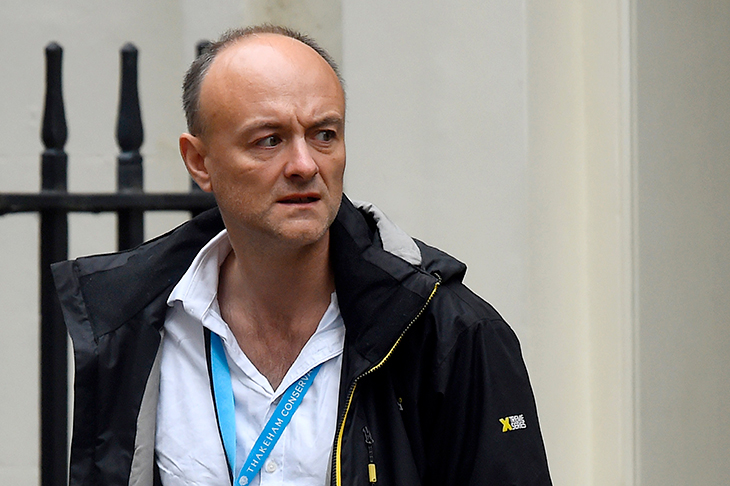Dominic Cummings has written a modest blog inviting mathematicians, physicists, AI specialists and other experts to help him revolutionise the civil service with new standards of accurate, precision planning. Before he does so, perhaps he might reflect a little on the Ancient History side of the degree he studied at Oxford and the need for such precision.
Without any similar technology, but from experience alone, the Romans re-organised and raised tax revenues to run, for more than 500 years, a rather successful empire of 60 million people across most of Europe, north Africa and the near East. They covered it with infrastructure — 56,000 miles of roads, hundreds of harbours (built with concrete that set under water: Rome’s main harbour at Ostia occupied nearly 500 acres) and thousands of miles of aqueducts (300 in Gaul alone). Frontinus’s treatise on Rome’s aqueducts covered sources of water (where from and where to), its quality, critical path programming to minimise disruption during repairs, varying demand, availability of surplus and so on.
None of that required extreme technical precision. This was a relief, since Romans worked with highly error- and omission-tolerant methods of measurement (volume, weight, distance, etc.). But there were instances when real precision was of vital importance. Putting up buildings — Rome covered its empire with stone-built cities — was one such example. wTake Rome’s multi-tiered Colosseum, designed to hold 50,000 people. It was 15 modern storeys tall, its foundations 40ft deep, filled with concrete and brick. The outer wall alone required more than three million cubic feet of mortar-free travertine stone, held in place with 300 tons of iron clamps. Architects and craftsmen could not adopt a rough-and-ready ‘it’s good enough’ policy for such projects.
And that is the point: such experts were available at need, as they always have been with our civil service. What difference, then, will Cummings’s personal choice of experts, weirdos and misfits actually make? Their first job should surely be to find out if Cummings is right and they are actually needed: after all, no expense should be spared in ‘dreaming of systems so perfect that no one will need to be good’.
Got something to add? Join the discussion and comment below.
Get 10 issues for just $10
Subscribe to The Spectator Australia today for the next 10 magazine issues, plus full online access, for just $10.
You might disagree with half of it, but you’ll enjoy reading all of it. Try your first month for free, then just $2 a week for the remainder of your first year.














Comments
Don't miss out
Join the conversation with other Spectator Australia readers. Subscribe to leave a comment.
SUBSCRIBEAlready a subscriber? Log in